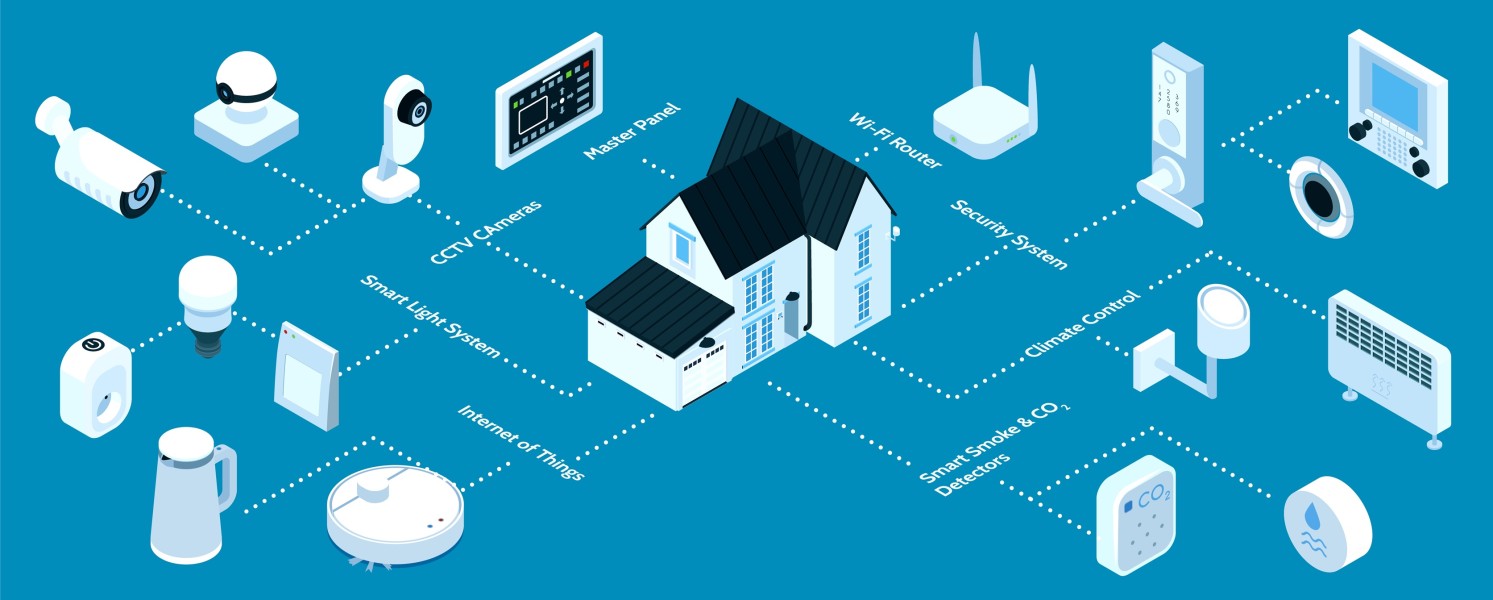The terms ‘platform’ and ‘application’ are often used interchangeably, resulting in ambiguity regarding their individual roles and functionalities. At Quantuza Technologies, we’re committed to providing innovative solutions to our clients, and one area where clarity is paramount is in understanding the fundamental differences between platforms and applications.
What is a Platform?
A platform is a comprehensive infrastructure that provides a foundation for building, deploying, and managing a variety of applications and services. It serves as a robust ecosystem that offers developers the tools, resources, and frameworks necessary to create customized solutions tailored to specific business needs. Unlike traditional applications, which are designed for specific tasks or functions, platforms are versatile and adaptable, capable of supporting a wide range of use cases and scenarios.
The Power of Platforms:
- Flexibility and Scalability: Platforms are designed to be flexible and scalable, allowing businesses to adapt to changing requirements and scale their operations seamlessly. Whether it’s adding new features, integrating third-party services, or expanding into new markets, platforms provide the infrastructure needed to support growth and innovation.
- Customization and Extensibility: One of the key advantages of platforms is their ability to be customized and extended to meet unique business requirements. Developers can leverage APIs, SDKs, and other tools to integrate with existing systems, create custom workflows, and build new functionality, empowering businesses to differentiate themselves in the market.
- Centralized Management and Control: Platforms offer centralized management and control capabilities, enabling businesses to streamline operations, enforce policies, and maintain consistency across their ecosystem. From user management and access control to monitoring and analytics, platforms provide the tools needed to optimize performance and ensure compliance.
What is an Application?
An application, on the other hand, is a software program or tool designed to perform specific tasks or functions. Unlike platforms, which provide a broad range of capabilities and services, applications are typically focused on solving a particular problem or addressing a specific need. While applications play a crucial role in day-to-day operations, they are often limited in scope and functionality compared to platforms.
Platform vs. Application: Understanding the Difference
- Scope: Platforms offer a comprehensive set of tools and services for building, deploying, and managing a variety of applications, whereas applications are focused on performing specific tasks or functions within a limited scope.
- Flexibility: Platforms are highly flexible and adaptable, allowing businesses to customize and extend functionality to meet evolving requirements, while applications are typically rigid and less customizable.
- Scalability: Platforms are designed to scale horizontally and vertically, supporting growth and expansion across multiple dimensions, whereas applications may struggle to scale beyond their initial scope or capacity.
- Ecosystem: Platforms create ecosystems that foster collaboration, innovation, and integration, enabling businesses to leverage a wide range of services and capabilities, while applications operate in isolation, with limited interoperability and synergy.
Conclusion:
In conclusion, platforms and applications serve distinct but complementary roles in the modern digital landscape. While applications provide focused solutions to specific problems, platforms offer the infrastructure and capabilities needed to build, deploy, and manage a diverse range of applications and services. By understanding the differences between platforms and applications, businesses can harness the power of innovation to drive growth, agility, and competitiveness in today’s dynamic marketplace.
At Quantuza Technologies, we’re dedicated to empowering our clients with cutting-edge IAM (Identity and Access Management) platforms that unlock the full potential of their digital ecosystems.




